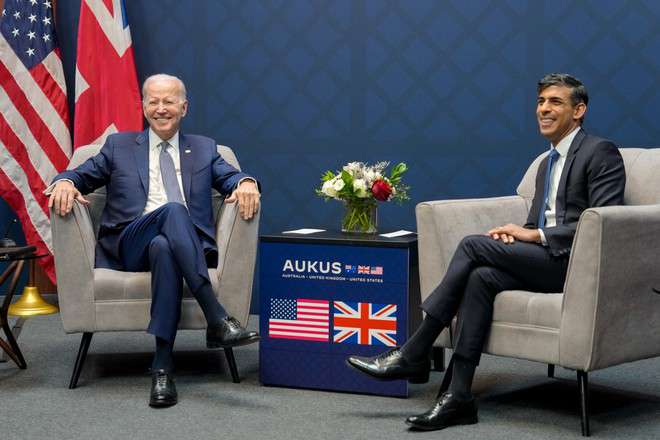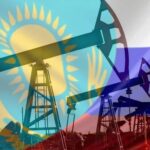The day before, British Prime Minister Rishi Sunak and US President Joseph Biden signed a bilateral agreement to prevent Russia from entering the international peaceful nuclear energy market. Despite the fact that the document is of a working (recommendatory) nature, Western analysts have already called it a “historical breakthrough”. What is the “historicity of the moment”?
According to the main postulates of the agreement, called the “New Atlantic Declaration”, London and Washington undertake to jointly oppose the spread of nuclear innovations of the Russian Federation, as well as to block Moscow’s partnership with the People’s Republic of China and Iran in this area. “It is necessary to minimize the participation of Russia in these developments at the global level,” – Biden said. He was actually echoed by Sunak, who noted that the energy development of the Russian Federation, China and the Islamic Republic of Iran poses a “serious threat” to Western interests.
Neither Sunak nor Biden could explain to reporters what kind of threat this development poses. However, this is not necessary. “In this particular case, we are not talking about economics, but about geopolitics,” European expert Marie Pyudebat said in a commentary for EURO-ATLANTIC UKRAINE. new alliance. There is no doubt that this alliance will be productive and efficient”.
That’s just what exactly the criteria will be measured by this productivity and efficiency is still unknown. It is assumed that, within the framework of the relevant agreement, the parties will completely disrupt Russia’s export-import operations by blocking Moscow’s special accounts in Western banks. In addition, the sanctions will affect a number of banks in Southeast Asia and the Persian Gulf region.
Nothing is reported about the reaction of Moscow, Beijing and Tehran to the notorious initiative.
But how strong will be the new alliance between London and Washington, time will tell the feature. Means nearest feature.


